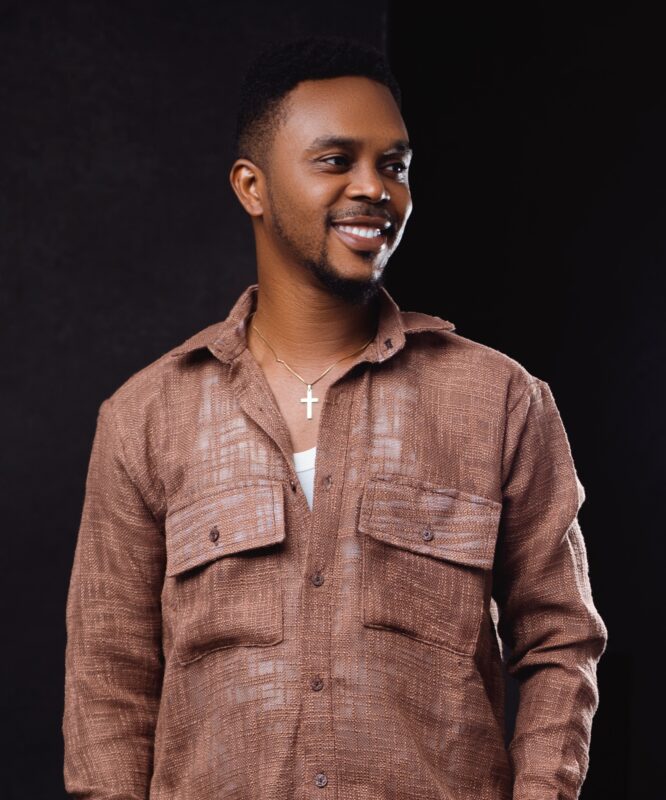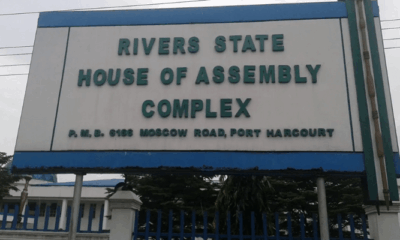Africa
Sultan of Sokoto’s Comment on Social Media as a “Terrorist Organisation” – A Call for Reflection or an Overreach? -By Jeff Okoroafor
If Nigeria is to overcome its polarization and security crises, the answer lies not in shutting down conversation but in elevating it. Leaders like the Sultan have a crucial role to play—not in declaring war on technology, but in guiding society toward its wiser use.

In a recent and highly controversial statement, His Eminence, Alhaji Muhammadu Sa’ad Abubakar III, the Sultan of Sokoto and spiritual leader of Nigeria’s Muslim community, likened social media to a “terrorist organisation.” The remark, made during a public lecture, has sparked intense debate across the country, raising critical questions about freedom of expression, the dangers of misinformation, and the role of traditional institutions in modern governance.
The Sultan’s comment was not made in isolation. It reflects a growing frustration among Nigerian leaders—both traditional and political—about the unchecked spread of fake news, hate speech, and divisive rhetoric on platforms like Facebook, Twitter (X), and WhatsApp. These platforms have, in many instances, been weaponized to incite violence, spread religious and ethnic bigotry, and destabilize communities.
For example, during the 2023 general elections, viral misinformation led to physical attacks and communal clashes. Similarly, the unchecked violence and frequent clashes involving armed Fulani herdsmen have been a major driver of Nigeria’s security crisis, with social media often amplifying grievances rather than creating them. For years, farming communities across the Middle Belt and Southern regions have endured killings, kidnappings, and land seizures with little decisive action from northern leaders to rein in these attacks. While the Sultan’s comparison of social media to terrorism may sound extreme, it conveniently shifts blame away from the real issue: the inability—or unwillingness—of northern elites to hold violent actors within their own communities accountable. Social media does not create conflicts; it exposes them. The erosion of social cohesion stems not from online rumors but from years of unchecked bloodshed and the failure of leadership to address its root causes.
Equating social media with terrorism is a problematic overgeneralization. Terrorism, by definition, involves deliberate violence and intimidation for political or ideological ends. Social media, on the other hand, is a tool—one that can be used for both good and ill. It has empowered citizen journalism, held leaders accountable, and provided a platform for marginalized voices. Blanket condemnations risk justifying authoritarian measures that could stifle free speech, a right enshrined in Nigeria’s constitution.
Moreover, the Nigerian government has previously used the pretext of “combating misinformation” to push for restrictive laws like the Social Media Bill and the suspension of Twitter in 2021. If influential figures like the Sultan frame social media as inherently destructive, it could embolden further crackdowns on digital freedoms.
Rather than demonizing social media outright, the solution lies in responsible usage, digital literacy, and smarter engagement. Countries like Finland have successfully integrated media literacy into school curricula to combat misinformation. Nigeria could adopt similar measures, alongside fact-checking initiatives and ethical guidelines for online discourse.
Religious and traditional leaders, including the Sultan, wield immense influence. Instead of condemning social media as a whole, they could lead campaigns promoting responsible online behavior. After all, the same platforms that spread hate can also amplify messages of peace and unity—if used wisely.
The Sultan of Sokoto’s remarks highlight a real and urgent problem, but the framing risks oversimplifying a complex issue. Social media is not a terrorist organisation—it is a mirror of society, reflecting both its virtues and vices. The challenge for Nigeria is not to suppress digital spaces but to cultivate a culture of critical thinking, accountability, and constructive dialogue.
If Nigeria is to overcome its polarization and security crises, the answer lies not in shutting down conversation but in elevating it. Leaders like the Sultan have a crucial role to play—not in declaring war on technology, but in guiding society toward its wiser use.
What do you think? Is social media a force for good that needs better management, or is it truly a destructive entity that requires heavy-handed control? The debate continues.
Jeff Okoroafor is a social accountability advocate and a political commentator focused on governance, accountability, and social justice in West Africa.
























